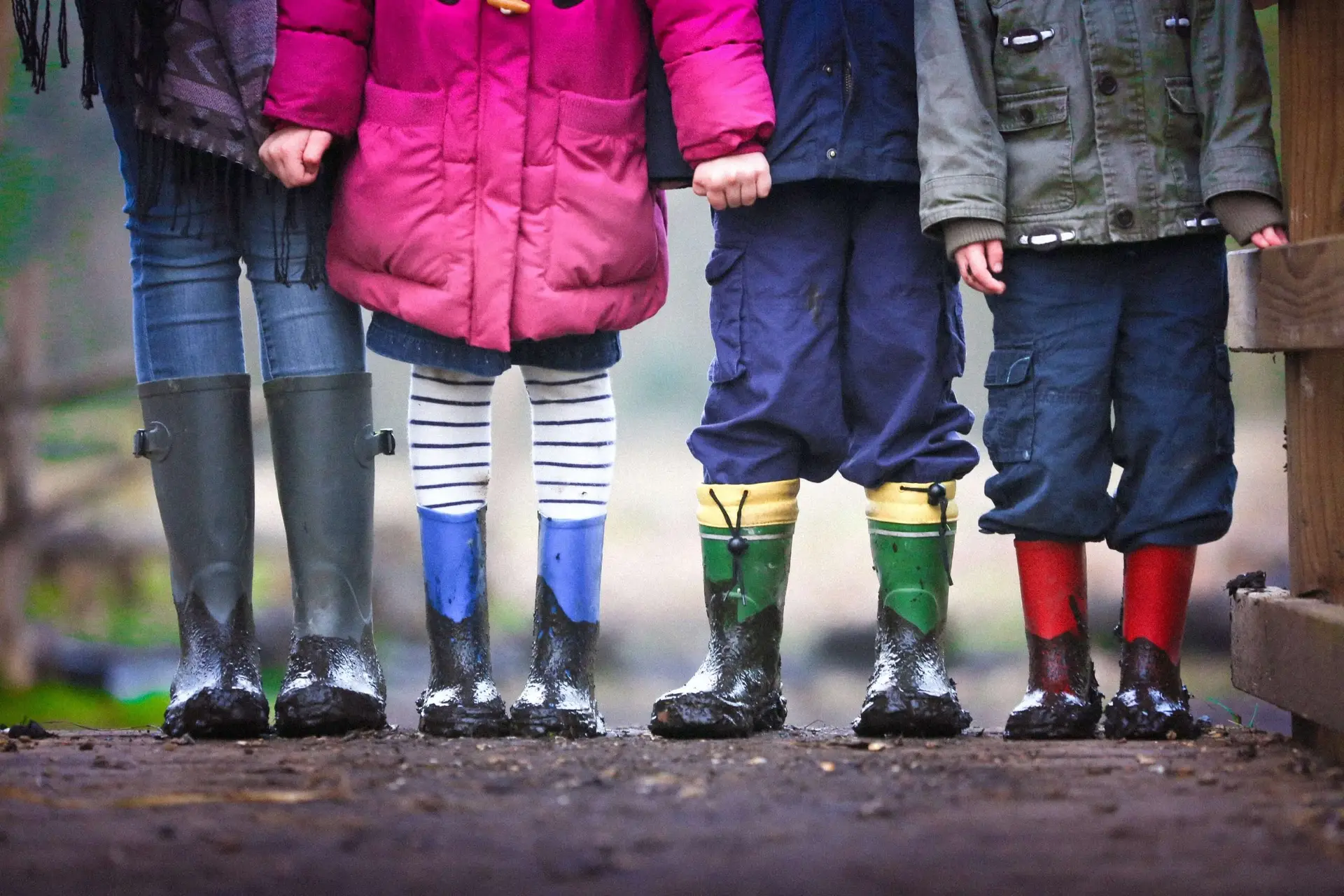Sleepovers are a long-standing tradition that many kids look forward to and that parents often dread. If you’re a parent, you have most likely heard your child ask to spend the night at a friend’s house at least once. While sleepovers may seem like harmless fun, they can actually have negative effects on your child’s mental and physical health. In this blog, we’ll discuss the reasons why sleepovers are not good for kids.
Sleep disruption
Sleepovers tend to throw off a child’s sleep schedule, leading to poor sleep quality and possible insomnia. Kids often stay up late, eat too much sugar, and participate in noisy activities, which all contribute to a lack of sleep that can be detrimental to their academic performance, emotional wellbeing, and overall health.
Safety concerns
Even if you trust the family your child is spending the night with, you never know who else might be in their home. Sleepovers put kids in an unfamiliar environment and can lead to potential safety risks, such as strangers entering the home, exposure to drugs or alcohol, or even sexual abuse.
Anxiety and homesickness
Kids may experience anxiety and homesickness when spending the night away from home, which can lead to feelings of sadness, stress, and loneliness. Anxiety can worsen during the night, leading to nightmares and a fear of being alone.
Unhealthy behavior
Sleepovers often involve consuming unhealthy snacks and engaging in sedentary activities such as video games or movies. Too much junk food combined with a lack of physical activity can lead to obesity, type 2 diabetes, and other health complications.
Privacy invasion
Sleepovers can create an environment where your child’s personal boundaries are crossed. Kids may feel pressure to share personal information or participate in activities that they’re uncomfortable with. Sleepovers can also cause privacy issues when it comes to sleeping arrangements and bathroom use.
Conclusion
Participating in sleepovers, often considered harmless, requires parents to delve into potential risks that could impact a child’s physical and emotional health. Making informed decisions involves open discussions with the child about established boundaries and ensuring alignment with the hosting family’s values. Troomi contributes to creating an environment that prioritizes the safety and well-being of children during various activities, including seemingly innocuous ones like sleepovers.
Interested in learning more? Click here.

